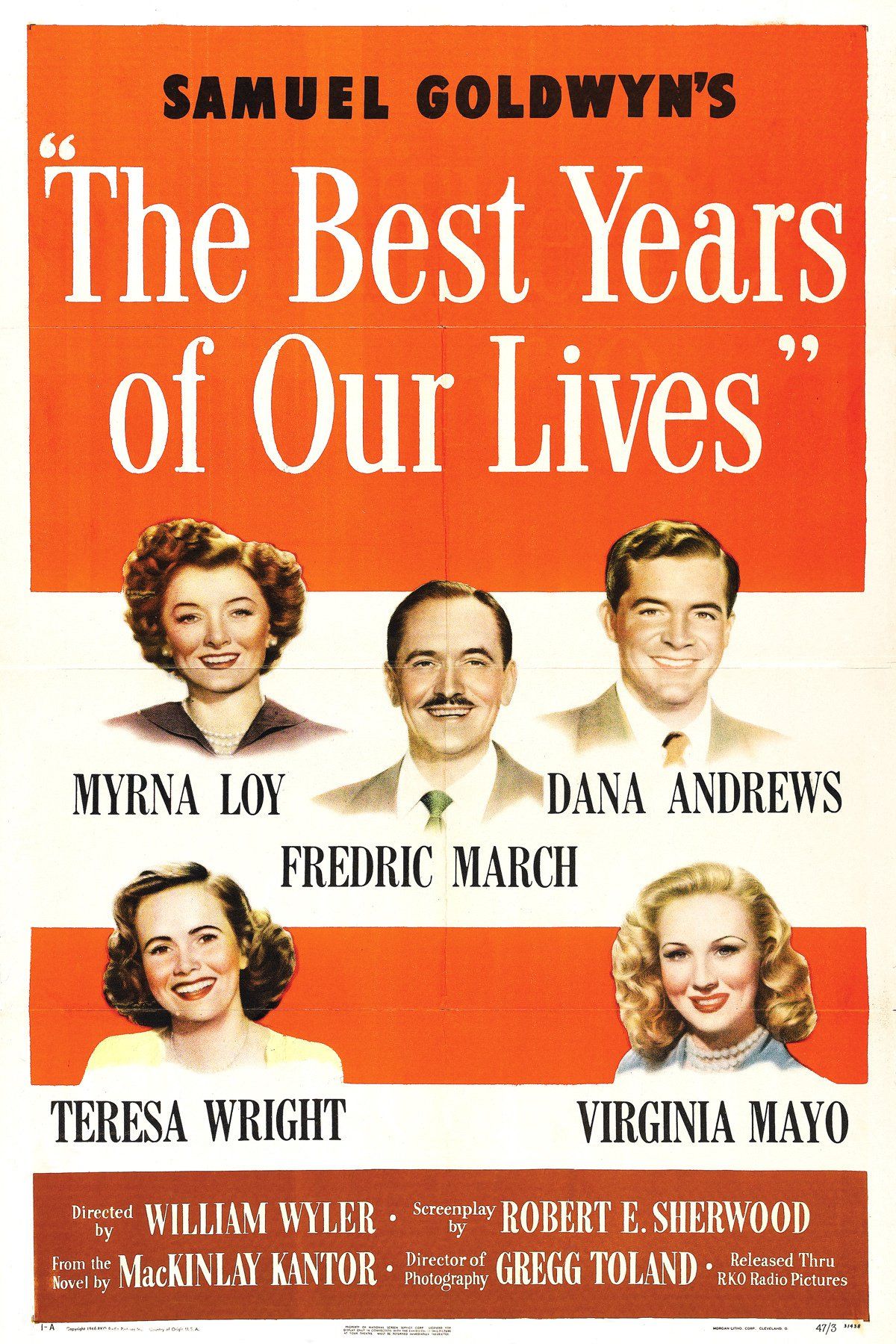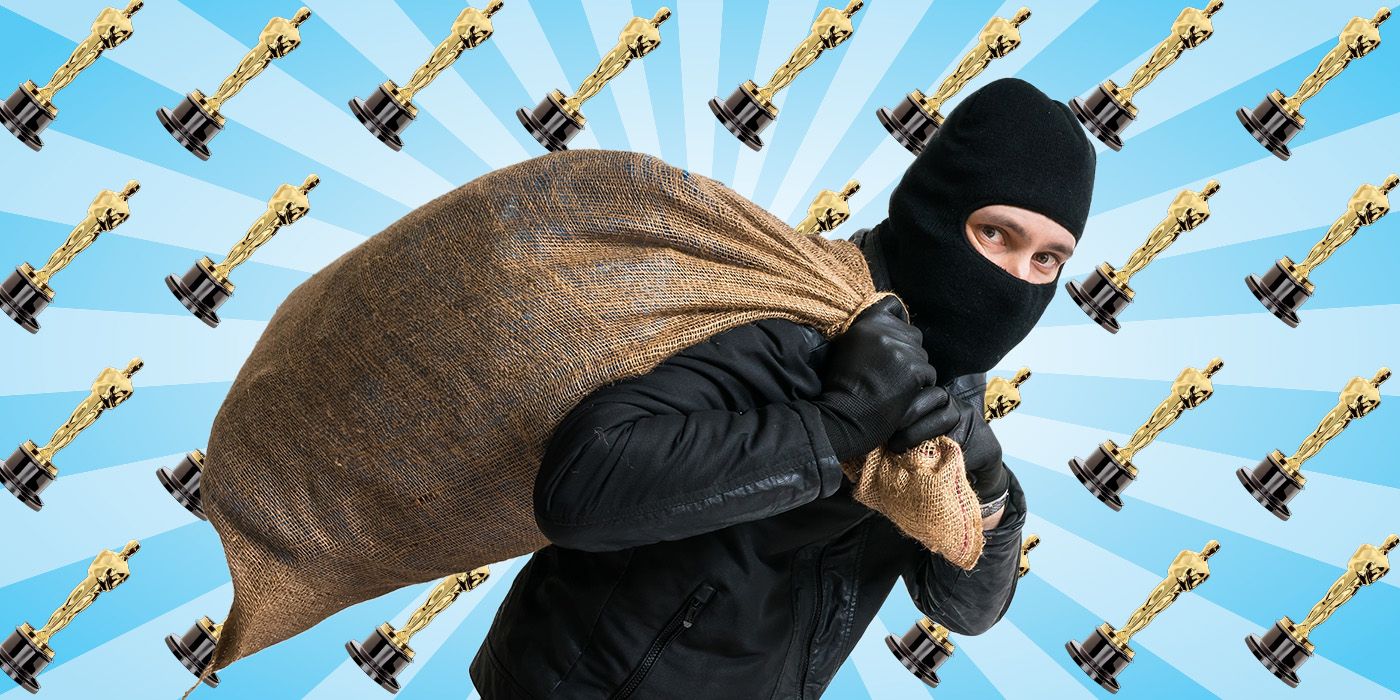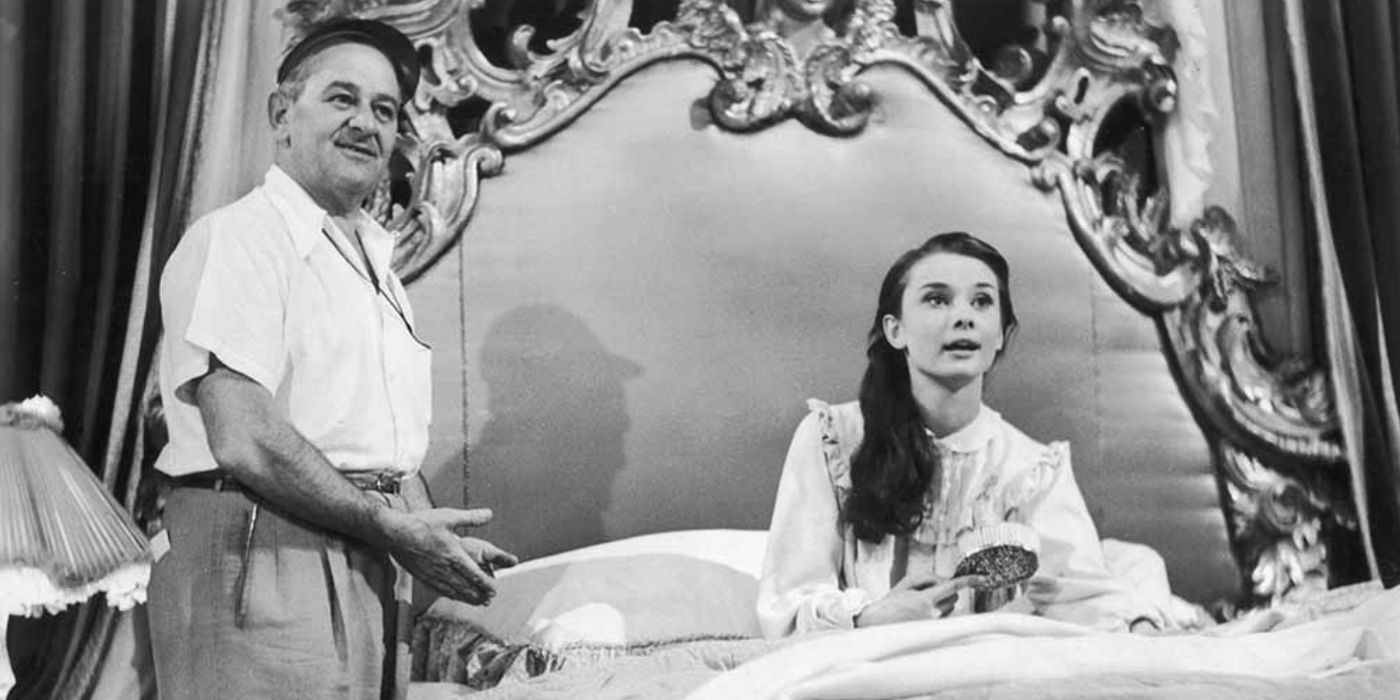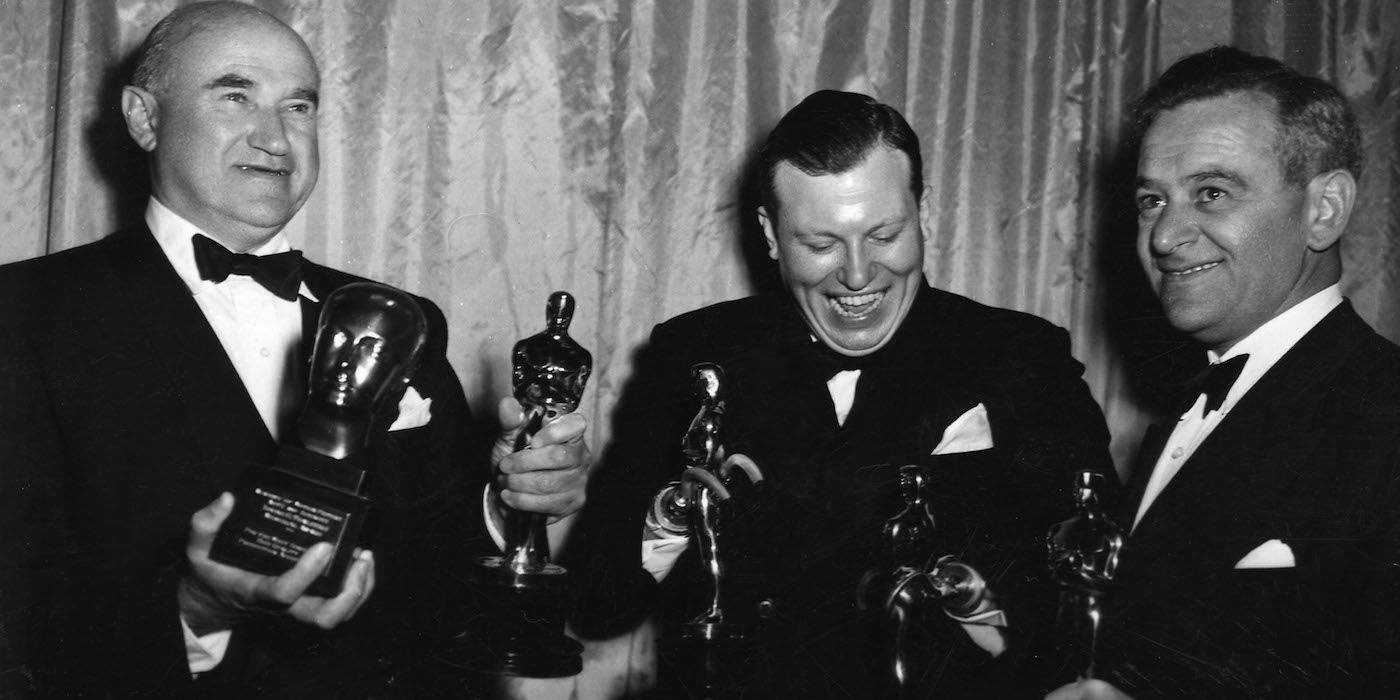The Big Picture
- Harold Russell was the first physically disabled person to win an Oscar for his performance in The Best Years of Our Lives.
- Russell won both the Best Supporting Actor Oscar and an Honorary Award to thank disabled veterans.
- Russell used his Oscar success to become an activist for the disabled and veterans, rather than pursue an acting career.
Much has been made about the Oscars' drive to make their nominations (and by extension, their winners) more diverse, be that in terms of race, gender, sexuality, etc. While that may seem like wishful thinking with the Oscars showing such a strong favoritism towards white men, this has actually come to fruition in recent years! Look at the huge Oscar success of Everything Everywhere All At Once, or Mahershala Ali (a Black man of Muslim faith) being one of the few actors to win two Best Supporting Actor Oscars, or Chloé Zhao becoming the second woman (and first Asian woman) to win Best Director. There's no doubt some progress has indeed been made. With all that being said, there's one particular minority group that has had only three Oscar winners: people with physical disabilities. Allow me to introduce you to the first physically disabled person to win an Oscar, Harold Russell.

The Best Years of Our Lives
Three World War II veterans, two of them traumatized or disabled, return home to the American Midwest to discover that they and their families have been irreparably changed.
- Release Date
- May 29, 1947
- Director
- William Wyler
- Cast
- Myrna Loy , Dana Andrews , Fredric March , Virginia Mayo
- Runtime
- 170 minutes
- Main Genre
- Drama
- Writers
- Robert E. Sherwood , MacKinlay Kantor
Who Is Harold Russell?
Here's a curveball: Academy Award winner Harold Russell was not an actor — at least, he never trained to be one. He never dreamed of being an actor, he never went to drama school, and he certainly didn't think of being famous. According to Mark Harris' book Five Came Back, Russell went into World War II as a demolition instructor for the Army and lost both his hands when a defective TNT bundle went off. After the war, he attended Boston University, where he appeared in Diary of a Sergeant, a documentary about war veterans going through the process of rehabilitation. One very important person who happened to see said documentary was William Wyler.
Director William Wyler Discovered Harold Russell
At this point, Wyler was already an immensely respected filmmaker, having won his first of three eventual directing Oscars for Mrs. Miniver. Wyler was at a point in his career where he was deeply invested in making films that reflected the ongoing conflict of World War II, and primarily how it was affecting citizens on the home front. He made not only Mrs. Miniver, which was about a British family living through the Bombing Blitz in London, but he also made a short documentary on the legendary bomber plane Memphis Belle. Now that the war was officially over, Wyler was looking to cap off his streak of war cinema with a rousing tribute to those American veterans coming back home and having to readjust to their new way of life. According to Five Came Back, Wyler was in the process of casting this film, and one of the main characters was going to be a disabled man, so Wyler and screenwriter Robert Sherwood decided it would be best to cast an actual disabled veteran. Imagine such progressive thinking in 1946. Shocking. Anyway, the film that would eventually vault Harold Russell into Oscar immortality was The Best Years of Our Lives.
What Is 'The Best Years of Our Lives' About?
The Best Years of Our Lives is one of the great American films of the 1940s; a stunningly empathetic, near therapeutic at points, story of three veterans coming back from the war, each with their own issues to deal with. Al (Fredric March) returns to an old banking job he isn't emotionally equipped for and a wife and kids he barely connects with, Fred (Dana Andrews) realizes he can't hold down a normal job and that his wife isn't as interested in him now that he's no longer a soldier, and Homer (played by Russell) is acutely aware of the way average people look at him with pity, and is concerned that his fiancée also sees him differently now that he has lost his hands. These three men cross into each other's lives and help each other live and grow through these post-war challenges. Considering that this film came out at a time when war films were typically more concerned with glorifying the action of war and valorizing all American soldiers as noble heroes, it's deeply impressive to see a big Hollywood production be so committed to shining a light on the ways that traumatic war experience seeps into your everyday life as a veteran, even if you managed to escape the war with a clean conscience.
In Harold Russell's case, it was pretty apparent that he wasn't much of an actor, and according to Five Came Back, Wyler really had to work hard with Russell to get a workable performance. In Wyler's words, he "concentrated on guiding his thinking more than his actions, because I reasoned that if he was thinking along the right lines, he just couldn't do anything wrong." When watching Russell, you can tell that he does have limited acting ability. He's fairly modest in his emotional expressions and Wyler made sure not to give him too many monologues. But there's no denying that he has a deep level of earnestness, and the fact that he's playing a character with such a similar experience to his own amplifies his performance in the moments where he both gets so down on himself and so hopeful about finding acceptance from other people. The knowledge that he's portraying emotions that he more than likely went through himself makes his performance all the more memorable.
How Did Howard Russell Win Two Oscars for One Performance?
The Best Years of Our Lives did extremely well at the Oscars, riding the wave of huge critical and box office success with people's goodwill towards the notion of highlighting empathy for veterans. The biggest surprise by far, even at the time, was Harold Russell winning the Best Supporting Actor Oscar. According to Criterion Now podcast cohost Jill Blake, Oscar voters were "convinced he wasn't going to win," so they decided to create an Honorary Award for "bringing aid and comfort to disabled veterans through the medium of motion pictures" as a way of thanking veterans. In other words, the only time that an actor won a second Oscar for the same work was ultimately a PR stunt designed to make the Oscars look good by extending public sympathy. How very... typical of the Oscars to do.

The Year 55 Oscars Were Stolen Before the Ceremony
What a relaxing way to lead into Oscar night!That said, Russell took it as a tremendous honor but, surprisingly, didn't use it as a springboard for a full acting career. He felt far more invested in becoming an activist for the disabled and disabled veterans in America, and his Oscar success allowed him to achieve a bigger platform in order to pursue that cause. He would ultimately spend the rest of his life involved in disability advocacy, most notably being the Chair of the President's Committee on Employment of the Handicapped across four whole presidential terms, as well as co-founding the advocacy organization AMVETS. If anything, he probably made the right choice, as there's a high chance he would have gotten typecast, as is often the case for the few disabled actors who get to have mainstream careers. Speaking of, Russell remained the only disabled actor to win an Oscar for 40 whole years until Marlee Matlin, who is deaf, took home the Best Actress gong for Children of a Lesser God. It was another 35 years before Troy Kotsur, who is also deaf, won the Best Supporting Actor award for CODA, which co-starred Matlin! Thankfully, we're starting to see more representation of people with disabilities in film. Let's hope that continues!
The Best Years Of Our Lives is available to stream on Prime Video in the U.S.



